Porsche 911 Turbo S v Nissan GT-R drag race
It's a debate that's been raging for years, but in an exclusive shootout we find out which race track rocket is really quickest in a straight line.
PT3M18S http://www.drive.com.au/action/externalEmbeddedPlayer?id=d-3ccxx 620 349 July 22, 2014It’s widely regarded as the most ambitious performance time claimed by a manufacturer.
Back in 2012, Nissan astounded the world’s motoring throng when it presented its revised GT-R supercar with a 0-100km/h time of just 2.8 seconds (0-60mph in 2.7 seconds). According to the Japanese car maker, the time was posted by the vehicle’s chief engineer, Kazutoshi Mizuno, at the Sendai Hi Land Raceway in Japan in October that year.
Since then many outlets, including Drive, have made exhaustive attempts to match or better the claim – the vast majority haven’t.
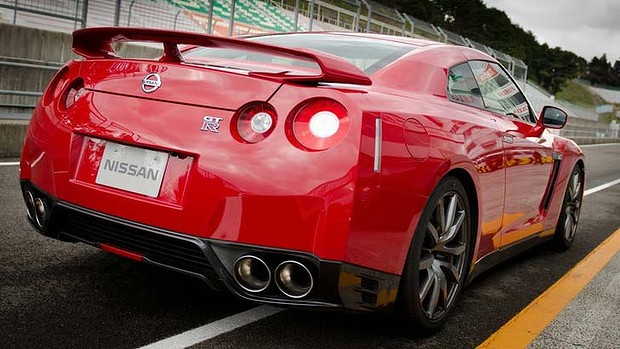
Quicker on paper: The Nissan GT-R's lofty performance times are difficult to emulate in real life.
During a recent outing at the Sydney Dragway near Eastern Creek, the best time Drive could muster was 3.4 seconds. The testing was done on a cool winter’s day when the temperature was about 19 degrees.
We engaged the GT-R’s launch control system, which holds revs before electronically operating the clutch and blasting the car off the line as fast as possible.
We tried launches on the stickier surface of the specialist drag strip as well as on regular bitumen not far from the start line.
The GT-R got some initial wheelspin and repeated that into second gear.
With 404kW and 628Nm on tap from its 3.8-litre twin-turbo V6, there’s no doubt that the GT-R is blisteringly quick. However extracting the full performance shouldn’t be so challenging.
On the same day we consistently equalled the 3.1 second 0-100km/h claim in the rival Porsche 911 Turbo S. In previous testing with a 911 Turbo S we have achieved a 0-100km/h time of 2.9 seconds.
Wheels Magazine’s best time in the current GT-R stands at 3.2 seconds, and the best known time by an Australian publication is Evo Magazine’s 2.93 second dash last year.
Nissan this week defended the performance claim of the GT-R, and said it wouldn’t deliberately deceive the public with an unrealistic time.
“The claim would never have been made unless the car could do it,” a spokesman said. “I wouldn’t have thought the company would make the claim unless they can provide the criteria and the justification as to how it was done.
“We don’t modify cars as a policy.”
The GT-R is famously marketed by the world’s fastest man – Olympic gold medallist and world 100m record holder Usain Bolt.
If Bolt were to miss his world record target by as much as local independent performance testing he would complete the 100m sprint in between 10.02 second and 11.63 seconds, well off his record post of 9.58 seconds.
This isn’t the first time Nissan’s performance claims have gone under the microscope. Back in 2008, the car maker was forced to defend a record Nurburgring lap time set by the GT-R.
A senior Porsche engineer, August Achleitner, sparked controversy when he told Australian journalists that Porsche was unable to replicate the record 7 minute 29 second lap time that Nissan claimed. In the hands of a Porsche chassis engineer, the GT-R was 20 seconds slower than a 911 GT2 and 16 seconds slower than a Porsche 911 Turbo.
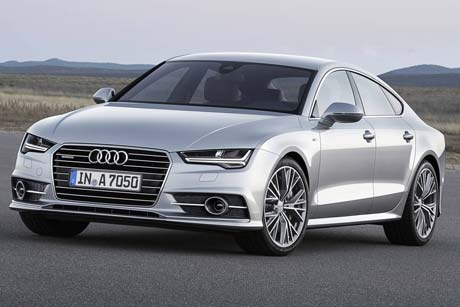
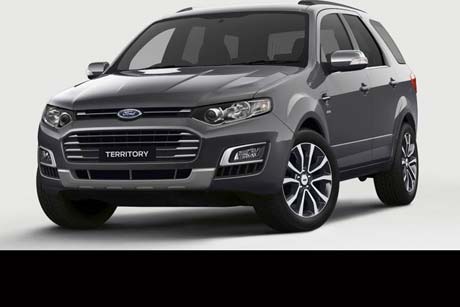





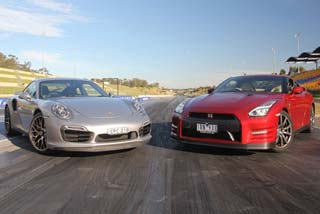


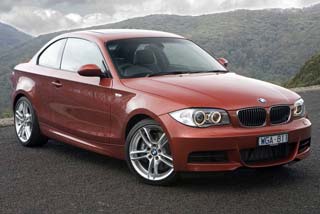























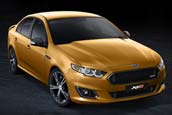









75 comments so far
More comments
New user? Sign up
Make a comment
You are logged in as [Logout]
All information entered below may be published.
Thank you
Your comment has been submitted for approval.
Comments are moderated and are generally published if they are on-topic and not abusive.